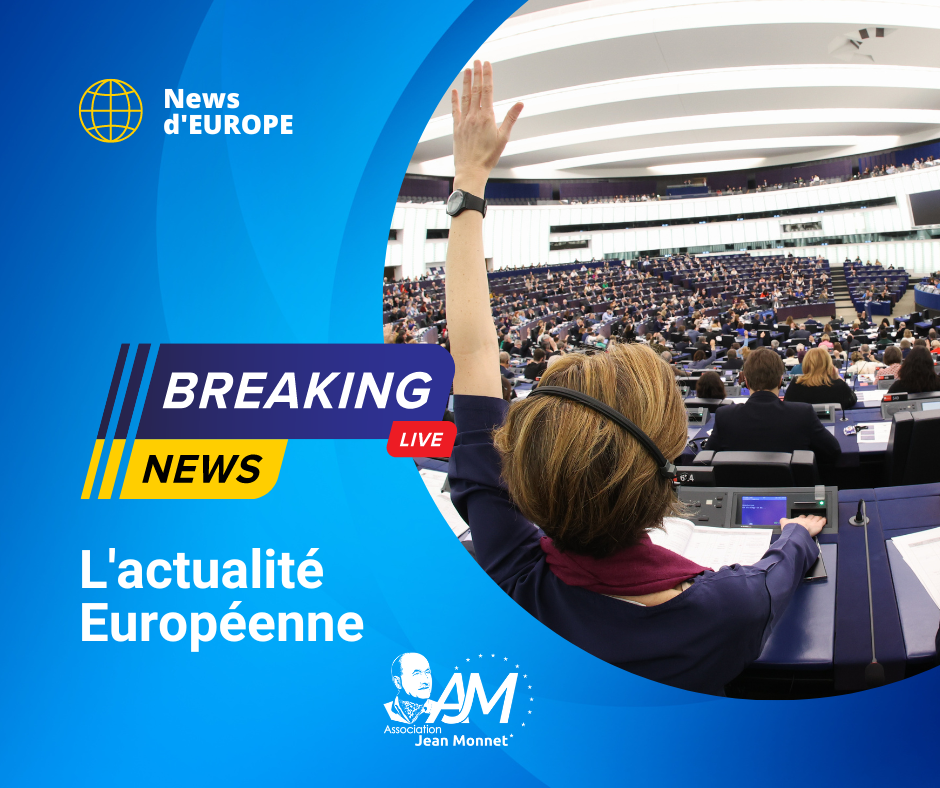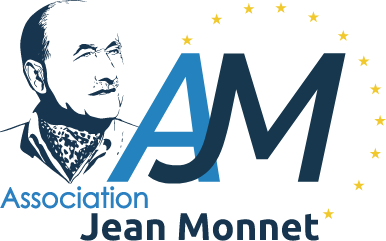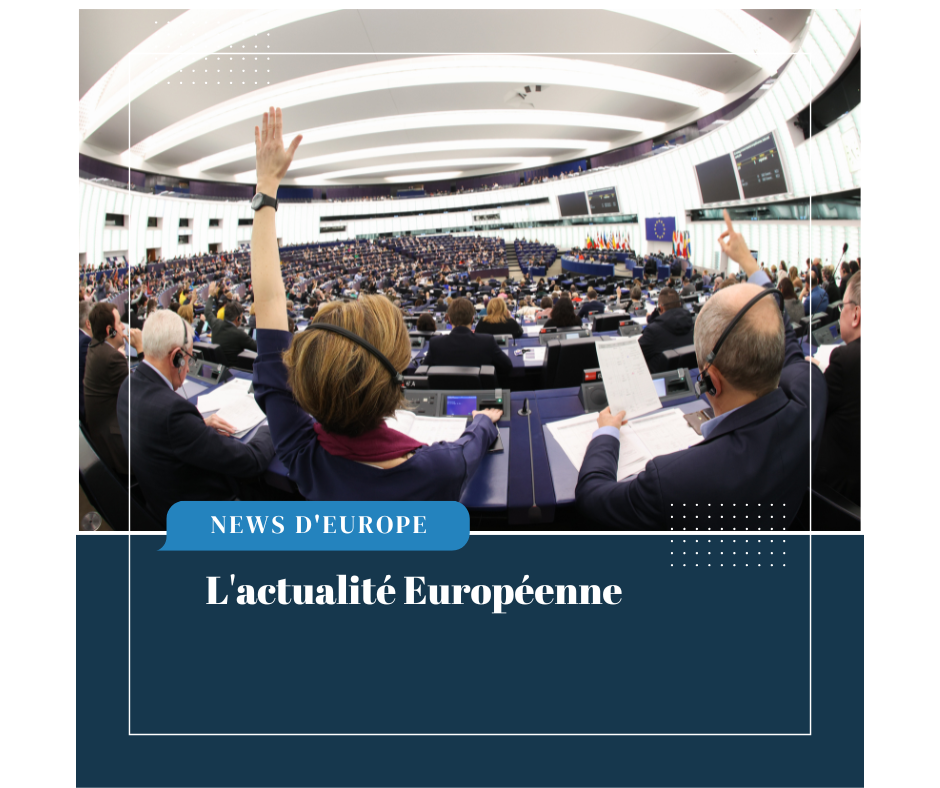by Zacharie Schaerlinger
16 May 2023

News from Europe
29 April 2023
Carbon leakage: preventing industry from circumventing emissions rules
In the wake of the covid-19 crisis and the war in Ukraine, the European Parliament is keen to meet its climate commitments, while preserving its industry and combating relocation. Around 27 % of global CO2 emissions come from the combustion of fuels due to international trade, something on which the EU has little capacity to act, given the international rules in force. It can, however, impose a carbon price through a European mechanism for adjusting carbon emissions at borders, which would apply a carbon price to imports of certain goods from outside the Union and thus prevent 'carbon leakage'. Carbon leakage is the relocation of greenhouse gas emitting industries outside the EU to avoid stricter standards. Finally, the EU imports its products from abroad without any guarantee of their environmental standards, which amounts to importing high-carbon goods and services.
The MACF has had a provisional agreement since April 2023. It will cover goods from energy-intensive industries such as iron, steel, cement, aluminium, fertilisers and hydrogen. To pay the tax, importers will have to pay the difference between the price of carbon paid in the country of production and the price of EU ETS carbon allowances. They will also have to declare, on a quarterly basis, the direct and indirect emissions of goods imported during the previous quarter, as well as any carbon price paid abroad. This regulation does not guarantee complete transparency on the part of companies, which will have to comply with EU regulations regardless of their size and administrative capacity.
The resources collected by this tax could be used as own resources for the EU budget. In addition, to avoid the MACF being perceived as a tool of economic coercion by the least developed countries, an equivalent financial transfer should be made to help them with their energy transition.
MEPs want to spend €1 billion on joint defence procurement
The instrument adopted aims to encourage joint procurement of defence products and to strengthen the European Defence Union, according to the European Parliament. The new instrument provides for the joint procurement of defence products by at least three Member States. The aim is to respond to the short-term need to replenish or even increase European defence equipment stocks and to create interoperability between European armies in order to guarantee greater visibility for our industries. MEPs propose doubling the size of the proposed fund to €1 billion. The aim of this instrument is to strengthen the European defence technological and industrial base and to increase the joint procurement of 35% of the Member States' total equipment expenditure. The European Commission and the European Defence Agency will also have to draw up a list of critical components of non-Community origin for which there is no alternative in the EU, in order to decouple our dependence on potentially rival or even hostile partners for the Union. In addition to the EU Member States, the instrument will be open to participation by the member countries of the European Free Trade Association and the European Economic Area, namely Iceland, Liechtenstein and Norway.
MEPs call for coordinated EU strategy against foreign interference
MEPs said that the EU needs a coordinated strategy against the manipulation of information and foreign interference. The war in Ukraine, attempts at destabilisation in the Balkans and the desire of certain European elites to maintain links with Russia (such as the signing of gas contracts with Gasprom in Hungary) are undermining the EU's credibility on the international stage and its democratic process. Concerned about the EU's dependence on foreign actors and technologies in critical infrastructures and supply chains, MEPs call on the Council and Commission to exclude the use of equipment and software from manufacturers in high-risk countries, particularly China and Russia, such as TikTok, ByteDance, Huawei, ZTE, Kaspersky, NtechLab and Nuctech. The report urges the Commission to enable donations to be traced effectively in order to combat prohibited financial transactions from third countries entering the EU's political system and thereby combat the influence and attempted corruption of outside agents.
To help the EU respond to these threats, Parliament is proposing the creation of a European "knowledge centre" specialising in threat intelligence. This centre should act in concert between European and national authorities to limit foreign attempts at destabilisation. These attempts at destabilisation are all the more likely to increase with the approach of the European elections in 2024.
The report will be put to a vote by the full Parliament at the May II plenary session.
State aid: Commission authorises French measure to help STMicroelectronics and GlobalFoundries build new chip plant
The European Commission has authorised a French measure to help STMicroelectronics and GlobalFoundries build and operate a new microchip production facility in France, in order to increase the EU's security of supply and resilience in the microprocessor sector. This project meets a number of European objectives supported by the Commission, such as the development of technologies developed as part of the major project of common European interest (PIIEC) to promote research and innovation in the field of microelectronics. The aid will take the form of direct subsidies totalling €7.4 billion.
This project meets other EU objectives, such as reducing energy consumption and producing high-performance electronic chips for industrial sectors that are vital to Europe, including the automotive and space industries, as well as other industries, the roll-out of 5G/6G, security and defence. The plant is expected to produce some 620,000 300mm-diameter semiconductor wafers a year, a technology that is not yet available in the EU.
In return, the companies have agreed to a number of conditions: to honour orders prioritised by the EU in the event of a supply shortage; to continue to invest in the development of the next generation of technologies; to improve cooperation with European SMEs and facilitate their development in this sector.
Intellectual property: harmonised EU patent rules boost innovation, investment and competitiveness in the single market
The Commission has proposed new rules to help businesses, particularly SMEs, make the most of their inventions, mobilise new technologies and contribute to the EU's competitiveness and technological sovereignty. The Commission's aim is to create a more transparent framework for patents and licences. Intangible assets such as trademarks, designs, patents and data are increasingly important in today's knowledge-based economy, accounting for almost half of total GDP and more than 90 % of all EU exports. The EU wants to make the European patent system more efficient, particularly in order to respond to crisis situations and combat the fragmentation of this market in Europe, which makes it vulnerable to foreign groups.
The Commission has presented several proposals to complete the unitary patent system, which will be operational from 1 June. Standard-related essential patents are "patents that protect technology declared essential for the application of a technical standard adopted by a standards development organisation". To manufacture a product that complies with a standard, "implementers are required to use the relevant 'essential' patent. The monopoly conferred by these specific patents is counterbalanced by the commitment of BEN holders to license these patents on fair, reasonable and non-discriminatory (FRAND) terms, thus enabling performers to access the market". The Commission has proposed to create a balanced system by setting a global benchmark for the transparency of FRAND, the reduction of conflicts and the efficiency of negotiations. The Commission wants to strengthen its market protections by ensuring "that EU ENB holders and implementers innovate in the EU, manufacture and sell products in the EU and compete in global markets"; but also that "end-users, including SMEs and consumers, benefit from products based on the latest standardised technologies at fair and reasonable prices".
For compulsory licences, which are necessary for public authorities to use a patented invention without the consent of the patent holder, the Commission is proposing harmonisation of the 27 types of compulsory licence that exist in each Member State when value chains operate throughout the EU, in order to respond better in crisis situations.
The supplementary protection certificate is a right that extends the term of a patent (by a maximum of five years) for a "pharmaceutical product for human or veterinary use or a plant protection product that has been authorised by the regulatory authorities". It is designed to encourage innovation, but is only applied at national level.
The proposed regulations still have to be examined and approved by the European Parliament and the Council of the European Union before they can be adopted and come into force.






